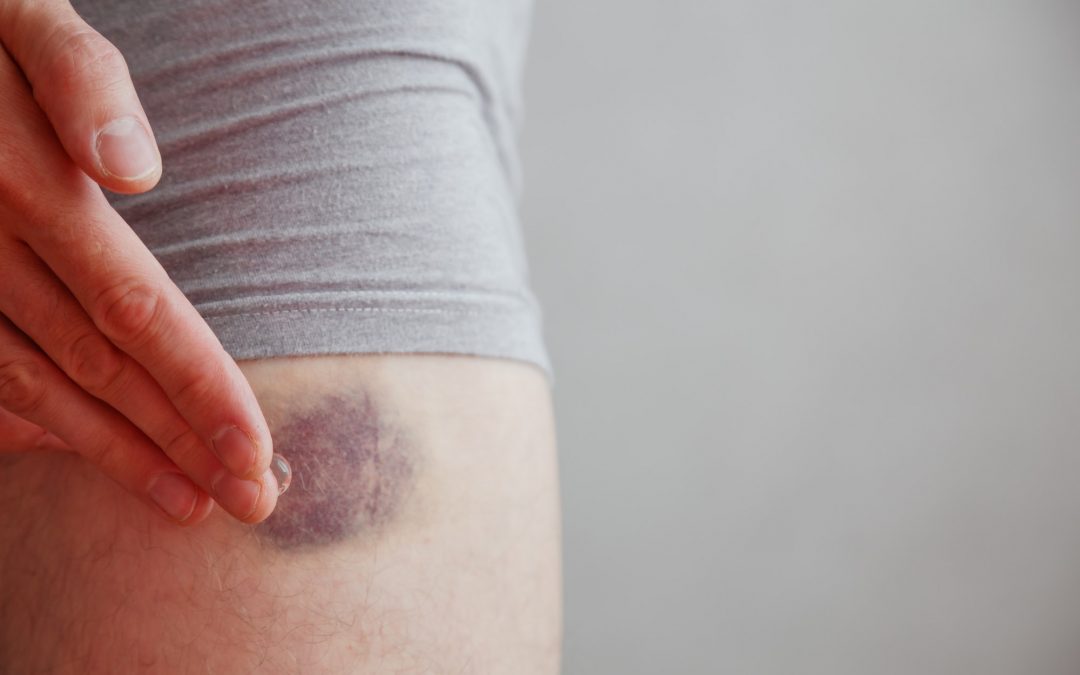If you’re asking yourself, “Why do my veins hurt?”, you’re not alone. Learn about pain in the veins and if you need to seek medical help.
If you have an achy or painful feeling in your veins, you are experiencing a symptom of a bigger issue. Most people with vein pain experience the symptoms in their legs and may also have varicose veins or suffer from poor circulation.
Because the pain is simply a symptom, it’s important to diagnose the root cause – which can be mild or something more serious. Mild conditions include cellulitis while more severe conditions include deep vein thrombosis.
However, if you suddenly experience severe vein pain, call 911 immediately as it may be a sign of a life-threatening condition. If you’re experiencing milder symptoms that are persistent, you should also seek medical care.
Additional Symptoms
Unfortunately, people who experience vein pain may also experience various other symptoms. These additional symptoms will depend on the root cause of the problem.
People who have vein pain along with poor circulation or varicose veins can experience a number of other symptoms in the legs. These include cellulitis, heaviness, enlarged veins, hardened tissue, rashes, swelling, bruises, cramping, and throbbing.
In addition to experiencing these leg symptoms, you may feel body aches, fatigue, and have fevers. Since the root cause of the problem dictates the symptoms, it’s important to know what may be a sign of a mild vs. a serious condition.
Symptoms of a life-threatening condition include diminished or absent pulses, chest pain, bleeding, sudden and severe pain, and trouble breathing. If you experience any of these symptoms, seek immediate medical care.
 Why do my veins hurt?
Why do my veins hurt?
The underlying conditions that result in vein pain can be anywhere from mild to severe. Some of the most common causes of vein pain in the legs include varicose veins, poor circulation, or cellulitis.
If you’re experiencing vein pain in other areas, the cause might be muscle strain or outside temperature. However, in the case of severe conditions, vein pain can come from thrombophlebitis or a thromboembolism, two conditions that cause blood clots.
When the cause has to do with the circulatory system, it could be due to varicose veins, chronic venous insufficiency, or swelling of the veins. As mentioned, muscle aches can also contribute to vein pain as well as cellulitis, a common bacterial infection.
A serious and life-threatening condition that can cause vein pain is deep vein thrombosis. It is a blood clot in a leg vein that can lead to a pulmonary embolism in the lung if it breaks off; it can also result in a heart attack or stroke.
Complications of Vein Pain
Most cases of vein pain are mild and usually related to poor circulation issues. However, if the reason is something more severe like la blood clot, it can lead to several complications.
For example, there may be a progression of symptoms that result in a heart attack or stroke if left untreated. Moreover, it can result in damage to your veins and negatively affect your circulation.
It’s important to treat the condition as soon as you experience it to decrease the risk of complications. The best thing to do is to prevent vein pain from happening altogether by maintaining a healthy circulatory system.
Supplements like L-arginine Plus work within the arteries to promote circulation and healthier blood flow. If you want to improve your circulation or prevent it, consider adding supplements like L-arginine Plus to your daily routine.

